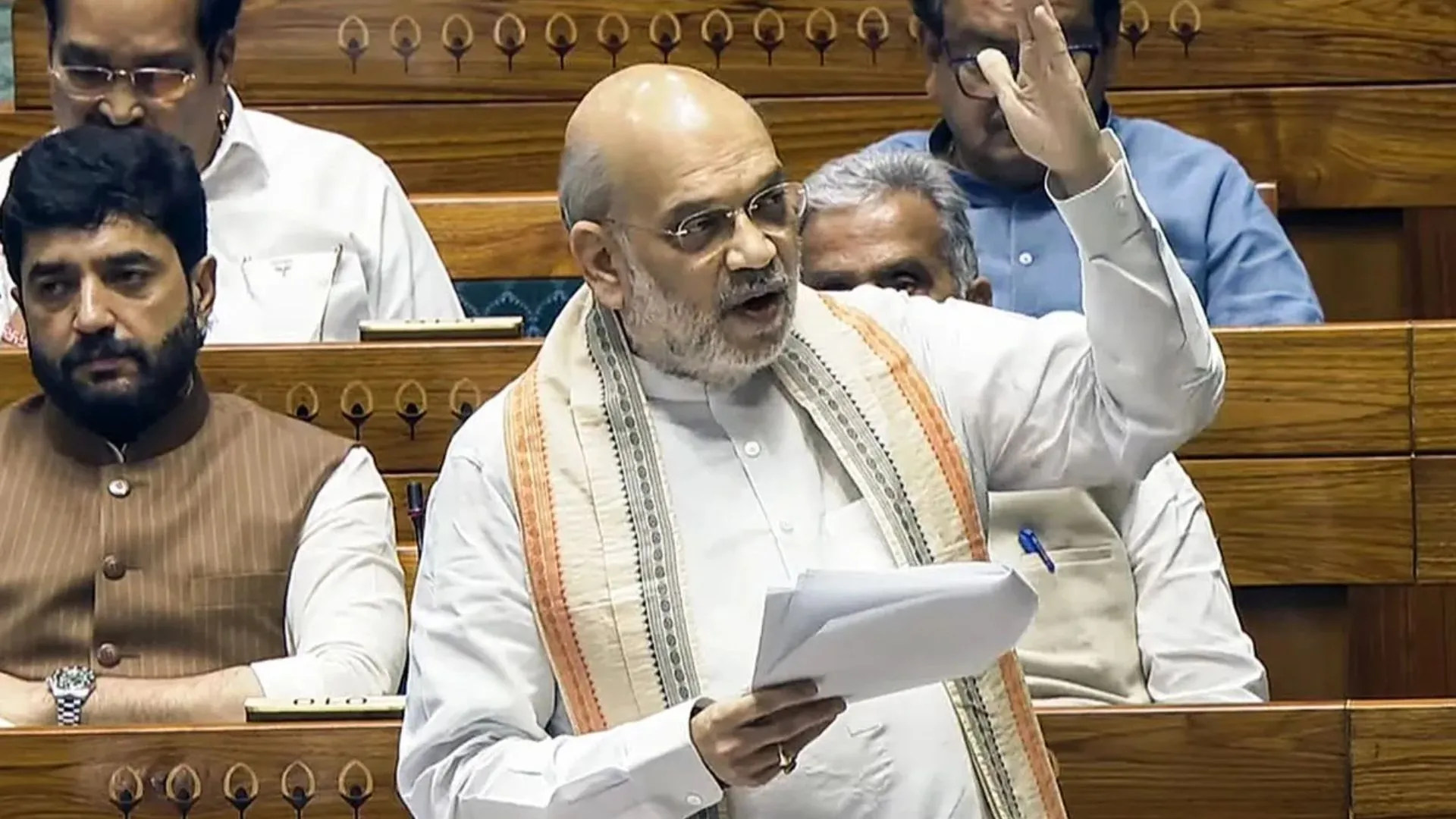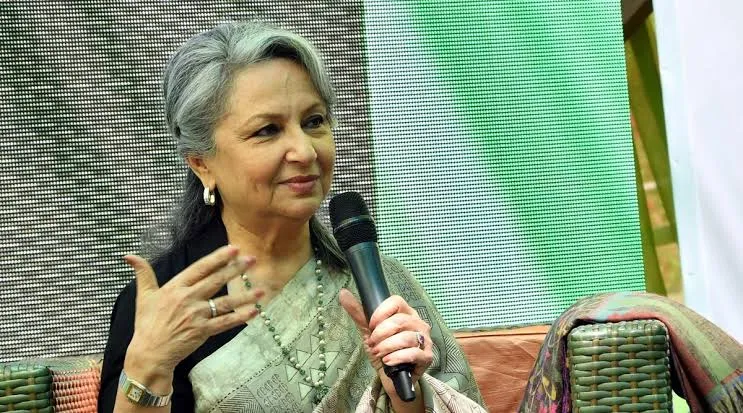The controversy began when Veldkamp, in a public statement, responded to the ICC’s arrest warrants issued against Netanyahu and former Israeli Defense Minister Yoav Gallant. The ICC had accused both officials of war crimes related to their roles in the Israeli-Palestinian conflict, particularly regarding the military actions in Gaza.
Veldkamp’s comment that The Netherlands would arrest Netanyahu upon arrival was seen as a direct challenge to Israel’s sovereignty and legal framework. The statement prompted an immediate backlash from the Israeli government, with Israeli officials calling the comments disrespectful and misinformed.
Diplomatic Fallout: Veldkamp’s Trip Canceled
The diplomatic fallout quickly escalated, with both sides engaged in a tense exchange. Gideon Sa’ar, Israel’s Minister of Justice, contacted Veldkamp to express his disappointment at the statement. The two officials discussed the issue, and it was soon agreed that Veldkamp’s visit to Israel, scheduled for next week, would not take place.
A spokesperson for Sa’ar’s office confirmed the cancellation, stating, “Minister Sa’ar expressed his disappointment at the remarks made by Minister Veldkamp and conveyed Israel’s position regarding the arrest warrants.” The cancellation marks a significant diplomatic rift between Israel and the Netherlands, two countries with long-standing relations.
Israel’s Response to the ICC Warrants
The Israeli government has been adamant in its rejection of the ICC’s arrest warrants for Netanyahu and Gallant. Israeli officials have consistently argued that the court’s actions are politically motivated and that the ICC has no jurisdiction over Israeli nationals, as Israel is not a member of the international tribunal.
In a statement, Israel’s Foreign Ministry reiterated its position that the country would not comply with any efforts to arrest its leaders based on the ICC’s warrants. “These accusations are baseless and part of a politically driven agenda,” the statement read. “Israel will continue to defend itself and its citizens against any form of aggression, as it has the right to do under international law.”
The Israeli government also expressed concerns that such actions by the ICC undermine peace efforts in the region by politicizing international law.
The ICC’s Role in the Israel-Palestine Conflict
The International Criminal Court’s involvement in the Israel-Palestine conflict has been a point of contention for years. The court launched a formal investigation into allegations of war crimes in 2021, focusing on actions committed during the Gaza conflict of 2014 and the Israeli settlement activities in Palestinian territories.
In March 2023, the ICC issued arrest warrants for Netanyahu and Gallant, accusing them of war crimes. While Israel has dismissed these accusations, many in the international community view the ICC’s intervention as a necessary step in holding accountable those who may be responsible for war crimes, regardless of their political status.
The controversy surrounding the arrest warrants and Veldkamp’s comments highlights the complex nature of international law and diplomacy. While Israel maintains that it is not subject to the ICC’s jurisdiction, the warrants have sparked significant global debate on the intersection of international justice and national sovereignty.
What’s Next for Dutch-Israeli Relations?
The cancellation of Veldkamp’s trip signals a potential shift in Dutch-Israeli relations. While the Netherlands and Israel have enjoyed close diplomatic, economic, and cultural ties, this diplomatic rift could strain future cooperation.
Both nations are expected to engage in behind-the-scenes talks to resolve the issue, but the outcome of these discussions remains uncertain. Israel’s stance on the ICC’s jurisdiction and the Netherlands’ support for international legal proceedings may continue to be a point of contention, affecting not only their bilateral relations but also broader European policy regarding Israel.
Reactions from the International Community
The diplomatic tension between Israel and the Netherlands has sparked reactions from the international community, with some countries expressing support for Israel’s position on the ICC, while others back the court’s role in investigating war crimes. The ongoing dispute could influence broader discussions on international justice and the role of the ICC in resolving conflicts and holding powerful political figures accountable.
Diplomatic Tensions Over Arrest Warrants
The cancellation of Dutch Foreign Minister Caspar Veldkamp’s planned visit to Israel marks a significant moment in the ongoing debate over international justice, war crimes, and the sovereignty of nations. Veldkamp’s controversial comments about Netanyahu’s potential arrest in the Netherlands have created a diplomatic rift that will likely affect future relations between the two countries.
As tensions continue to rise over the ICC’s actions and Israel’s stance on the matter, both sides will need to navigate the complexities of international law and diplomacy. The situation highlights the ongoing struggle between national sovereignty and international legal accountability in the context of the Israel-Palestine conflict.






















